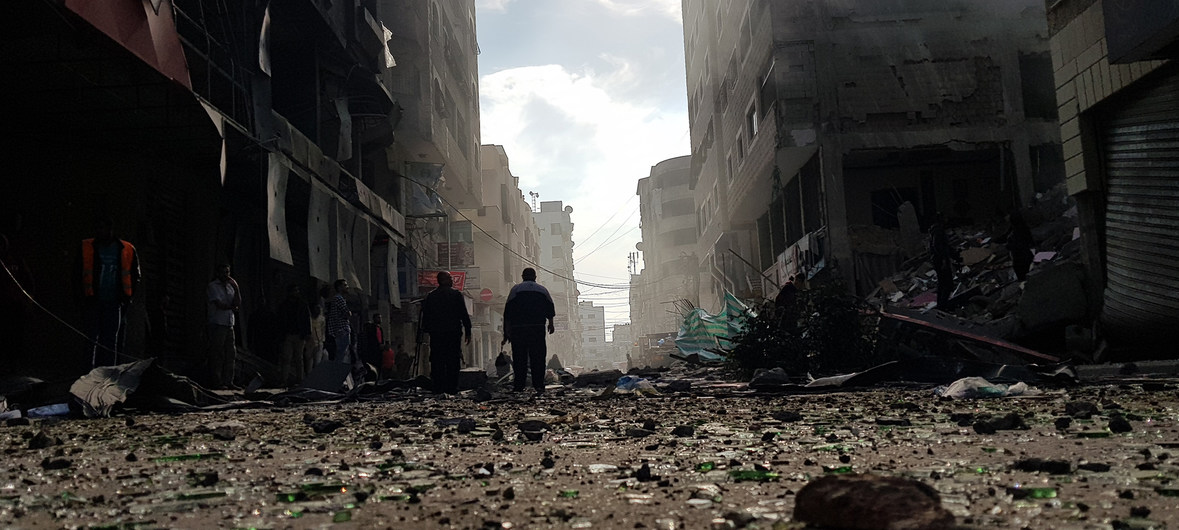It is essential to clarify that the Palestinians, as a diverse group of people with various political, social, and cultural affiliations, do not collectively hold the power to determine the fate of Gaza. Additionally, the idea of the Palestinians willingly allowing Israel to take over Gaza is highly unlikely, given the historical context and the deeply entrenched political and ideological divisions between the two parties.
The Palestinian territories, including the Gaza Strip, are governed by the Palestinian Authority in the West Bank and Hamas in the Gaza Strip. Hamas, a militant group considered a terrorist organization by Israel, the United States, and the European Union, has been the de facto ruling authority in Gaza since 2007.
Hamas has consistently advocated for the establishment of an independent Palestinian state and has been involved in armed conflict with Israel, including the firing of rockets into Israeli territory and engaging in violent confrontations. Their stance and actions suggest that the likelihood of them willingly allowing Israel to take over Gaza is extremely low.
Moreover, the majority of Palestine people, including those living in Gaza, aspire to establish an independent Palestinian state, with East Jerusalem as its capital, alongside Israel. The desire for self-determination and sovereignty has been a central theme in Palestinian politics for decades.
The Israeli-Palestinian conflict is deeply rooted in a complex history of territorial disputes, competing national narratives, and unresolved issues, making any possibility of a voluntary takeover by either side highly improbable. For lasting peace to be achieved, a comprehensive and mutually acceptable solution that addresses the concerns and aspirations of both Israelis and Palestinians must be sought through dialogue, negotiation, and diplomacy.



